Today’s blog post is about a homeschooled child’s journey with dyslexia. I have no clue if this is “typical” but I know that parents with children with learning disabilities often wonder what alternative learning paths look like.
Kindergarten Struggles
When Aria* was 5, she couldn’t remember the alphabet song. She struggled to identify letters and she would “read” the pictures in alphabet books “wrong” saying things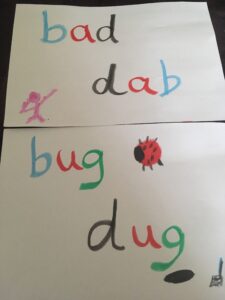 like “A is for crocodile.” She also struggled with understanding how to make words rhyme and couldn’t pronounce complex sounds like “sp” and “st.”
like “A is for crocodile.” She also struggled with understanding how to make words rhyme and couldn’t pronounce complex sounds like “sp” and “st.”
These were signs of dyslexia, but her family didn’t realize that. They thought that some extra time and patience were all she needed. Unfortunately, that wasn’t exactly true. Those with dyslexia need specialized instruction.
Aria also had the added challenge of having an older sibling who learned to read with very little instruction and another who learned to read with casual instruction. As a result, her long-time homeschooling mom had never had to teach with formal reading instruction programs. But she knew Aria would need one.
Trial and Error
When Aria was 6 they tried Teach Your Child to Read in 100 Easy Lessons. It was a complete failure. Even though many homeschoolers swear by that method, it didn’t work for Aria.
They played with letters and words for the next year. Aria had beautiful handwriting and could copy anything. But she couldn’t read any of it. Her mom got Bob Books for her. Again, it just didn’t work for her.
Finally, when Aria was almost 8, her mother used the method we teach in Foundations and Fundamentals. Aria spent months just focusing on the basics of phonics and  learning every letter and its corresponding sounds. They made their own alphabet book. Each page had a single letter on it and a picture that Aria and her mother had drawn together. They spent a few minutes each day reading the book they made, saying the letter sound and the words that went with the pictures. This method finally led to phonics sticking in Aria’s brain.
learning every letter and its corresponding sounds. They made their own alphabet book. Each page had a single letter on it and a picture that Aria and her mother had drawn together. They spent a few minutes each day reading the book they made, saying the letter sound and the words that went with the pictures. This method finally led to phonics sticking in Aria’s brain.
It’s important to note that Aria’s age may also have helped at this point. At this point, she was finally able to pronounce all her sounds. Short i and e still sounded similar to her, but she was doing so much better.
Choosing a Program
However, just knowing the basic letter sounds is not reading. Looking around at Orton-Gillingham-based programs, her mother chose All About Reading as the program to use for learning the next phase of reading. I’d like to say that Aria flew through this level and was quickly reading on grade level, but that isn’t true. Aria and her mom worked through levels 1, 2, and 3 over the course of the next 4-5 years. Yes, they took more than a year per level. They took breaks when they needed them and at times they moved quickly but most of the time they went very slowly through the program because Aria needed to do it that way.
There are several other Orton-Gillingham programs you can choose from. If this one doesn’t look like a good fit for your child, be sure to check out your options.
 Aria’s mom also worked on finding books for Aria to read for pleasure or practice that were not in the program. Her mom set reading goals for days they didn’t do reading instruction. Aria had to read for 5-20 minutes a day, depending on how things were going and her tolerance at the time. She read some Bob Books, which go wonderfully with many phonics programs because they are also phonics-based. Aria read Elephant and Piggie books, which are NOT phonics-based but are funny and easy to read once your child knows enough words. Aria progressed to reading Dogman and other easy, comic book-style stories.
Aria’s mom also worked on finding books for Aria to read for pleasure or practice that were not in the program. Her mom set reading goals for days they didn’t do reading instruction. Aria had to read for 5-20 minutes a day, depending on how things were going and her tolerance at the time. She read some Bob Books, which go wonderfully with many phonics programs because they are also phonics-based. Aria read Elephant and Piggie books, which are NOT phonics-based but are funny and easy to read once your child knows enough words. Aria progressed to reading Dogman and other easy, comic book-style stories.
Choosing Her Own Challenge
At age 12, Aria announced she was going to read Percy Jackson and the Lightening Thief by Rick Riordan. This is a book her siblings had loved at her age. It is an exciting book that can keep the attention of almost any child, in my experience. She read it slowly, but she read it!
 Aria’s mom bought her the entire collection of Percy Jackson books, and the family already owned them on Kindle. Aria downloaded them to her phone so she could work on reading with the highlighting feature to help her. She alternated between her phone and the paper book. She made dates to sit and read with an older sibling, which was more motivating than reading with her mom.
Aria’s mom bought her the entire collection of Percy Jackson books, and the family already owned them on Kindle. Aria downloaded them to her phone so she could work on reading with the highlighting feature to help her. She alternated between her phone and the paper book. She made dates to sit and read with an older sibling, which was more motivating than reading with her mom.
Where We Are Now
Aria is now 13 and is reading mostly on grade level. She reads novels for fun and can read passages and sentences in books for her grade level. Unusual words still trip her up. She doesn’t enjoy reading out loud and her writing and spelling skills are behind her reading levels. But her reading has come a long way!
I’ve heard many stories of dyslexic kids who were able to catch up in middle or high school. The beauty of homeschooling is that we can let them do that. In public school, either the kids or teachers often give up before kids hit this critical milestone. I’ve read several places that we shouldn’t try to teach algebra until a child has hit puberty, because the ability to think abstractly is tied to brain development that only happens with maturity. When the brain shifts into the more mature, adult state, it can handle more abstract ideas. For dyslexic kids, reading is abstract. Their brains tend to process thoughts in pictures instead of words. This means they need to gain a certain amount of maturity to associate letters and words with objects and ideas. Honestly, in learning about it, I’m not sure why more of us don’t have this struggle of needing to learn to read at a later age.
If your child is struggling to learn to read, don’t give up! Keep putting in the work. Slow and steady wins the race!
*Names have been changed to protect the child’s privacy.
P.S. Here are the links to the different items I’ve recommended today.
 | by Bobby Lynn Maslen, illustrated by John R. Maslen | 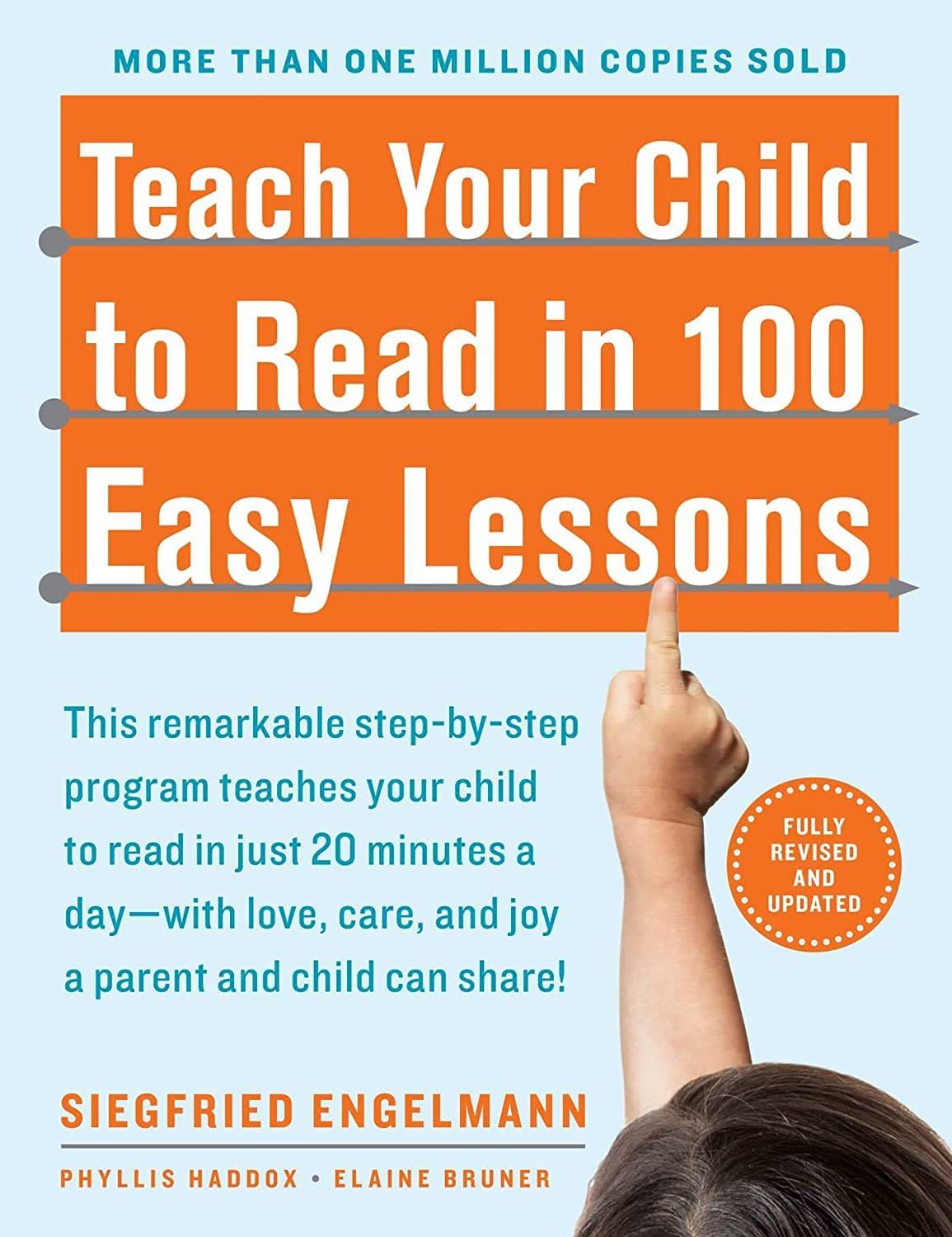 | by Siegfried Engelmann, Phyllis Haddox, and Elaine Bruner |
 | by Mo Willems | 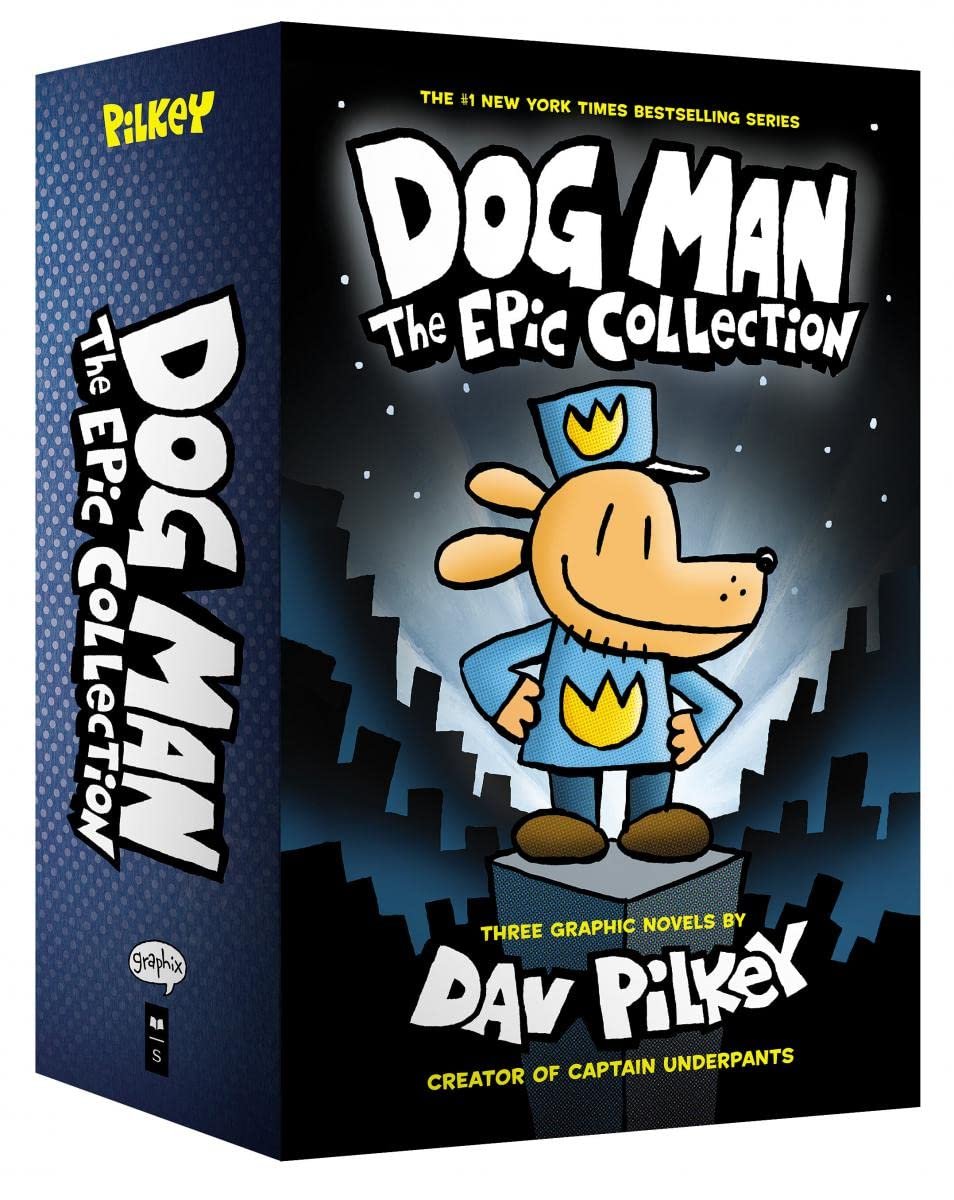 | by Dav Pilkey |
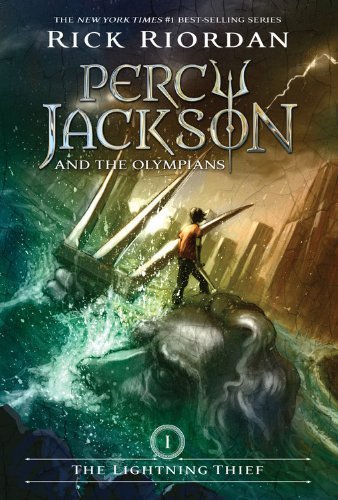 | by Rick Riordan |
** Our business does receive a small percentage of sales made through links on this page to Amazon as part of the Amazon Affiliates program and through links to Bookshop as part of the Bookshop Affiliates program. If you chose to purchase through one of these links, please know that we appreciate it. Thank you!
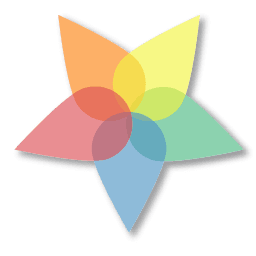


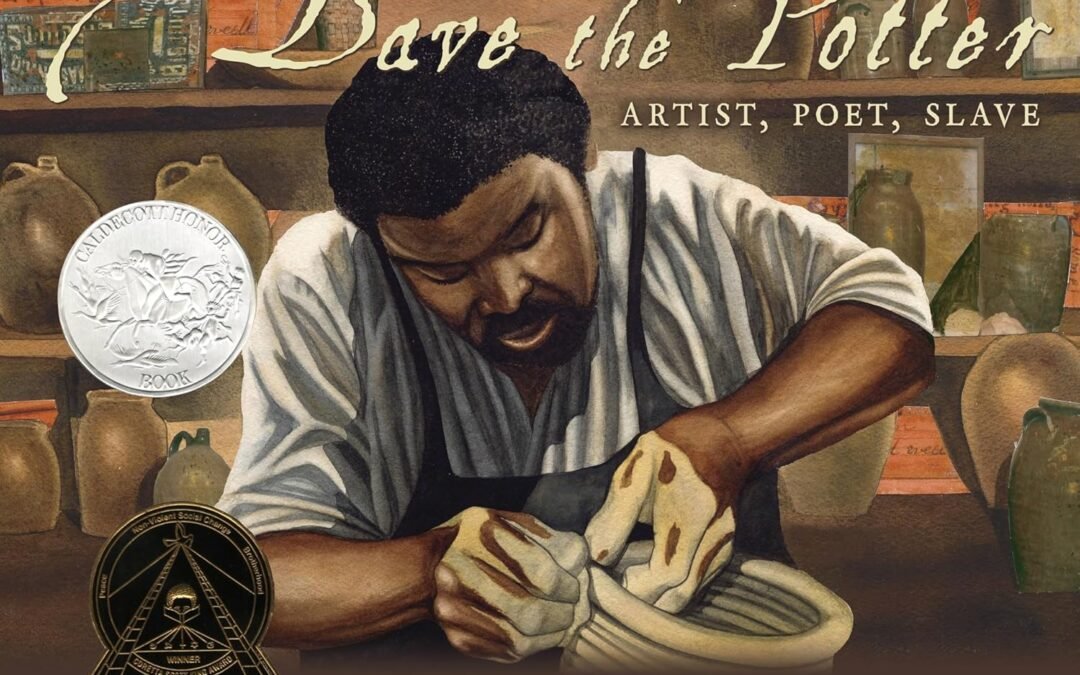

0 Comments